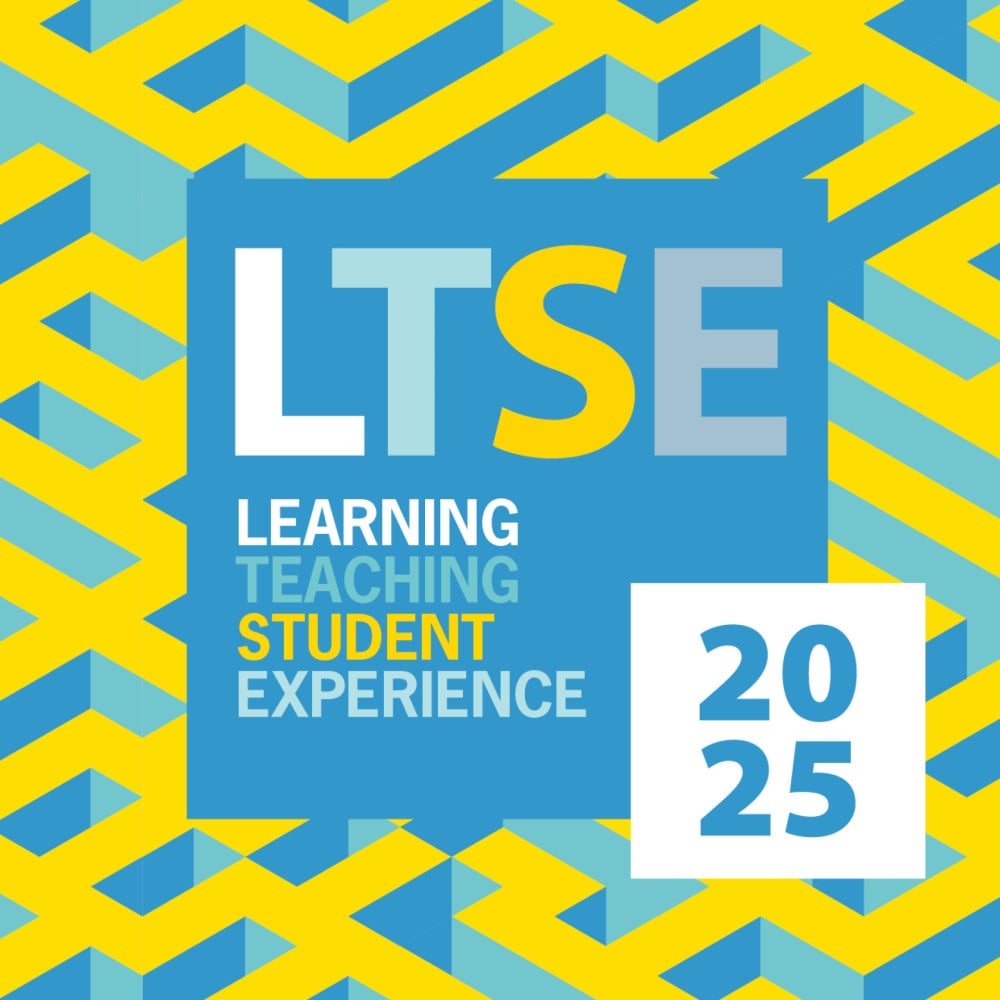
Chartered ABS responds to the DfE’s technical consultation on the International Student Levy
The Chartered ABS has submitted its response to the Department for Education’s technical consultation on the International Student Levy.
Business schools as engines of social mobility

Authors

Dr Patrick McGurk
Associate Dean for Education, School of Business and Management, Queen Mary University of London
While preparing to take part in a panel session at LTSE 2024, Dr Patrick McGurk, Associate Dean Education, School of Business and Management, Queen Mary University of London (QMUL) came to the realisation that business schools are actually huge engines of social mobility. In this blog, he discusses both the economic and socio-cultural aspects to this.
In economic terms, we know from incomes data that going to university makes a significant difference to students’ future earning power – and this holds true for business graduates (Chartered ABS, Graduate Outcomes in Business and Management, February 2023). Add to this, the business school is normally the largest school in the university and often recruits very large numbers of working-class, Home undergraduate students.
Much of the reason for the large number of working-class students in business schools lies in the popularity of the entry qualification BTEC National Business, typically the largest single qualification taken by young people instead of A-levels in schools and colleges in working-class areas. In fact, many such schools and colleges now have very limited and selective A-level provision, or none at all.
The working-class, commuter-student profile is very much reflected in our own business school. Around 40% of our Home undergraduates come from households with annual incomes of less than £20,000 (despite London prices), over 60% are first generation to university, and over half have BTEC rather than A-level (or equivalent) entry qualifications. In the Sutton Trust’s 2021 Universities and Social Mobility report, Queen Mary came out as top in the country for social mobility, including in Business subjects (see data explorer). While many of our Home students come from low-income households, a large proportion go on to well-paid graduate schemes in London, with starting salaries of more than £30,000 per year - thereby single-handedly lifting their whole families out of poverty.
However, social mobility through business school education is not just about moving to a higher income bracket, it is also about building social capital, and Home and International students learning from one another. Business schools especially are very diverse places, offering the opportunity to mix and network with other students from all backgrounds, and from right across the world. As business and management educators, we are great promoters of teamwork projects and assessment, leading students to work together in an immersive and innovative way, often involving employers, small businesses, and community partners. Such emphasis on social learning and employability serves to lift business graduates’ horizons and widen their future networks beyond university.
Finally, it is important to recognise the role of the progressive and relatable curriculum in many business schools. Increasingly, the themes of equality, diversity and inclusion (EDI), social justice, and sustainability – informed by the latest applied research - are taking centre stage within the mainstream business curriculum (Chartered ABS Taskforce, Business Schools and the Public Good, June 2021). When business graduates go on to become leaders in organisations, their understanding of critical social issues surely prepares them to be promoters of the social mobility of others, as well as recipients of it themselves.

